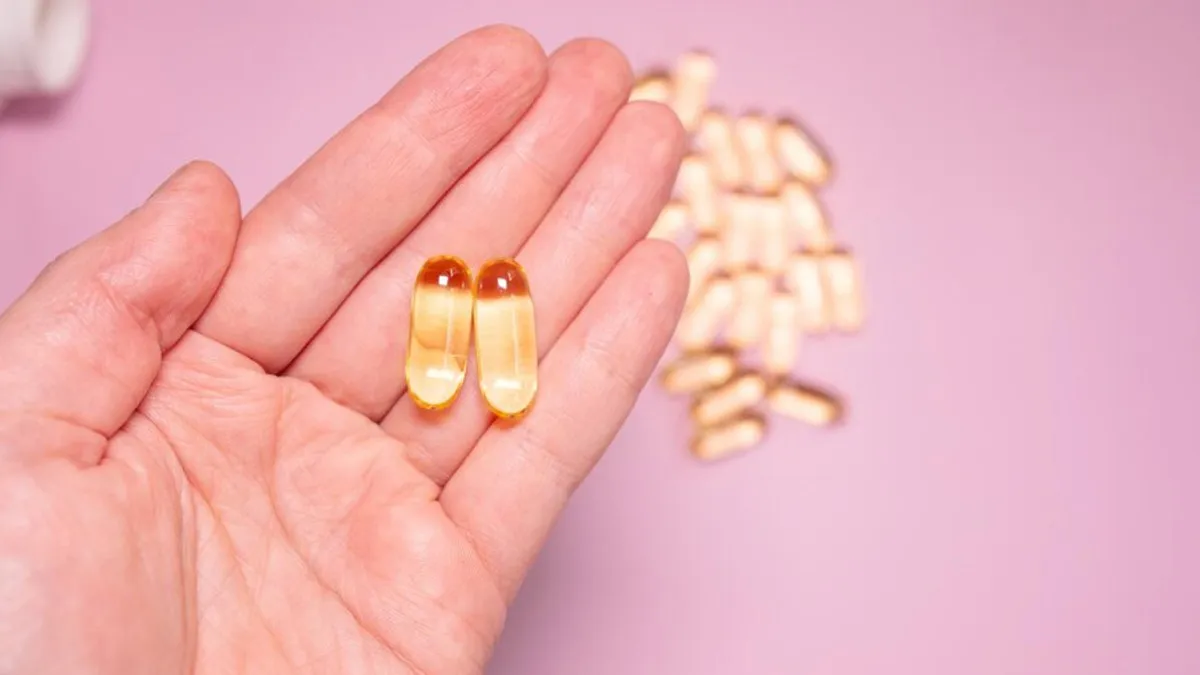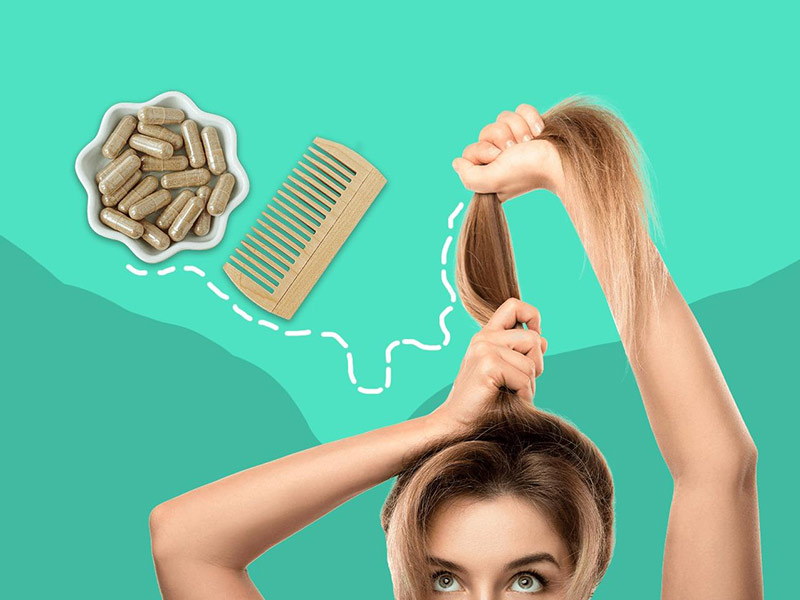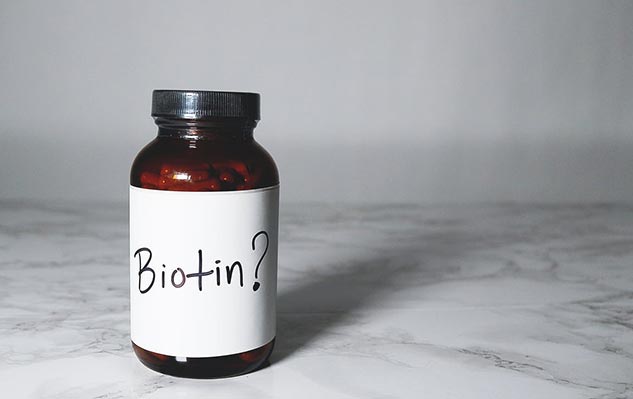
In the ever-evolving world of health and wellness, biotin has become a buzzword for those looking to maintain healthy hair, skin, and nails. But is there an ideal age for women to start taking biotin supplements? Understanding the role of biotin in the body, the right age to consider supplementation, and the potential benefits or risks is essential for making informed decisions about your health. Here is what our expert, Dr Shrey Srivastav, General Physician, Sharda Hospital - Noida, shared with us.
Table of Content:-
What Is Biotin?
Biotin, also known as vitamin B7 or vitamin H, is a water-soluble B vitamin that plays a crucial role in converting food into energy. It supports healthy metabolism, promotes cell growth, and is particularly well-known for its benefits in maintaining strong hair, nails, and glowing skin. While biotin is naturally found in foods like eggs, nuts, seeds, and dairy, some individuals may require additional supplementation.
When Should Women Start Taking Biotin?
There is no universal age at which women should begin taking biotin supplements. The need for supplementation depends on individual health conditions, dietary intake, and lifestyle factors. However, here are some key considerations based on different life stages:

Also Read: How ADHD Can Affect Your Eating Habits And Signs To Note
1. Teen Years (13-19 years)
During adolescence, hormonal changes can impact hair and skin health. While a well-balanced diet typically provides sufficient biotin, some teens experiencing hair thinning, brittle nails, or skin issues may consider supplementation under medical supervision. However, excessive biotin intake should be avoided as it may interfere with lab tests and other nutrient absorption.
2. Early Adulthood (20-30 years)
For most women in their 20s and 30s, a nutritious diet generally provides enough biotin. However, those who follow restrictive diets, have digestive disorders, or experience hair loss due to stress or styling damage may benefit from supplements. Women trying to conceive should consult a healthcare provider, as biotin is also vital during pregnancy.
3. Pregnancy and Postpartum
Pregnant women are at a higher risk of biotin deficiency due to increased nutrient demands. Many prenatal vitamins contain biotin to support fetal development. Postpartum hair shedding is common, and some women turn to biotin supplements to support hair regrowth. However, medical guidance is essential to ensure proper dosage and safety.

Also Read: TikTok’s ‘Morning Shed’ Trend: Does It Really Benefit Your Skin? A Dermatologist Weighs In
4. Middle Age (40-50 years)
As women approach their 40s and 50s, hormonal fluctuations related to perimenopause and menopause can contribute to hair thinning and brittle nails. Biotin supplementation, along with a well-balanced diet, may help support overall hair and skin health during this stage.
5. Senior Years (60+ years)
Aging can impact the body's ability to absorb nutrients effectively. Older women experiencing brittle nails, hair thinning, or lackluster skin may consider biotin supplementation as part of their daily regimen. However, it’s crucial to ensure they are not exceeding recommended doses, as excessive intake may cause unnecessary side effects.
How Much Biotin Is Recommended?
The recommended daily intake of biotin varies by age and life stage. According to the National Institutes of Health (NIH), the average recommended amounts are:
Teenagers (14-18 years): 25 mcg per day
Adults (19+ years): 30 mcg per day
Pregnant women: 30 mcg per day
Breastfeeding women: 35 mcg per day
Higher doses are often marketed in supplements (e.g., 5,000 mcg or more), but research is still ongoing regarding the benefits of excessive intake. Consulting a healthcare provider before taking high doses is recommended.
Final Thoughts: Should You Take Biotin Supplements?
For most women, biotin supplementation is not necessary unless there is a deficiency or specific health concern. A well-balanced diet rich in biotin-containing foods is usually sufficient. However, if you experience persistent hair loss, brittle nails, or skin problems, consulting a healthcare professional is the best way to determine if biotin supplementation is right for you.
Taking a proactive approach to health by understanding nutritional needs at different life stages ensures that your body gets the right support when it needs it most. Whether you’re in your teens or golden years, a holistic approach that includes proper nutrition, hydration, and self-care is the ultimate key to glowing skin, strong nails, and healthy hair.
Also watch this video
How we keep this article up to date:
We work with experts and keep a close eye on the latest in health and wellness. Whenever there is a new research or helpful information, we update our articles with accurate and useful advice.
Current Version